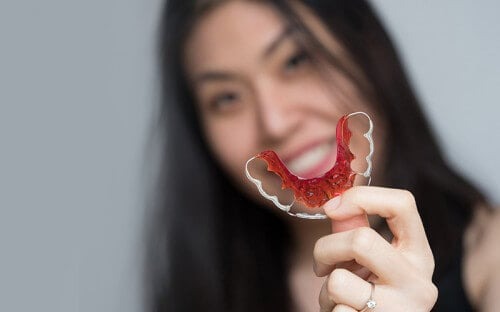Getting back to the Basics of Dental Hygiene
Contributed by DentalROI
Get the most out of your at-home routine by getting back to the basics of dental hygiene.
Routines are part of our daily lives and it is easy to let your mind’s autopilot take over. However, when it comes to your smile, relying on muscle memory could be hindering your oral care. Follow these helpful tips to get the most out of your oral hygiene routine.












